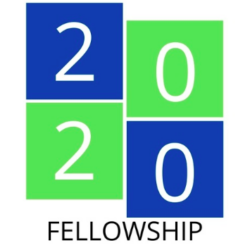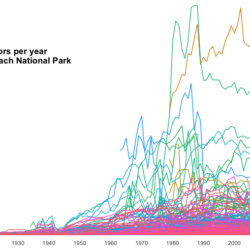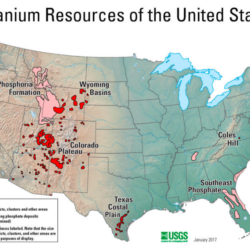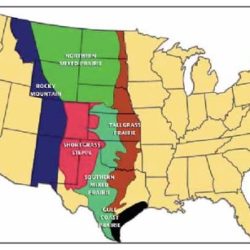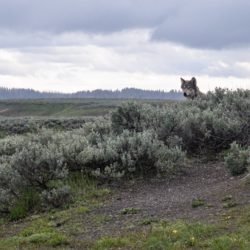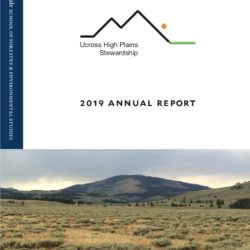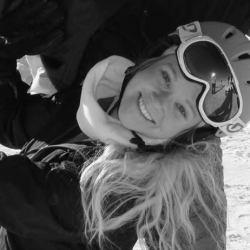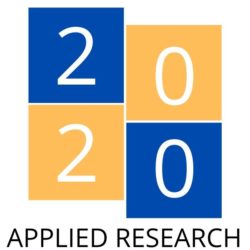Eco-Sensible Crop Farming in the Northern Great Plains of Montana
Tim is working this summer at Vilicus Farms, a 10,000 acre, organic, dry land (not irrigated) specialty grain and pulse (edible legumes like beans and lentils) farm. A New Haven native and long-time NYC resident, he is departing from his city roots to farm in big sky country for the summer to learn first-hand how Read more about Eco-Sensible Crop Farming in the Northern Great Plains of Montana[…]

